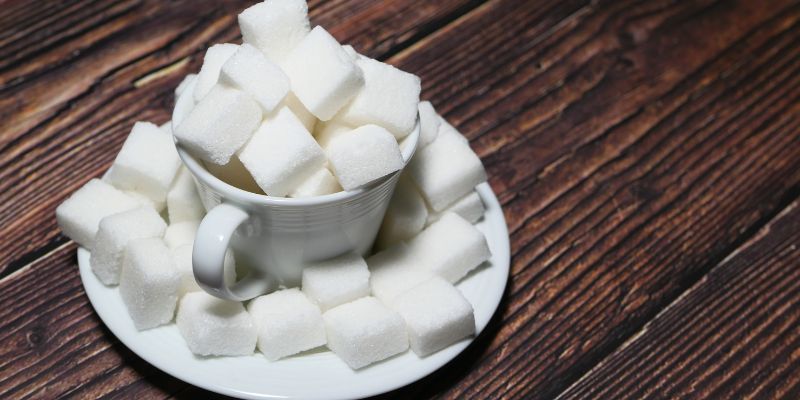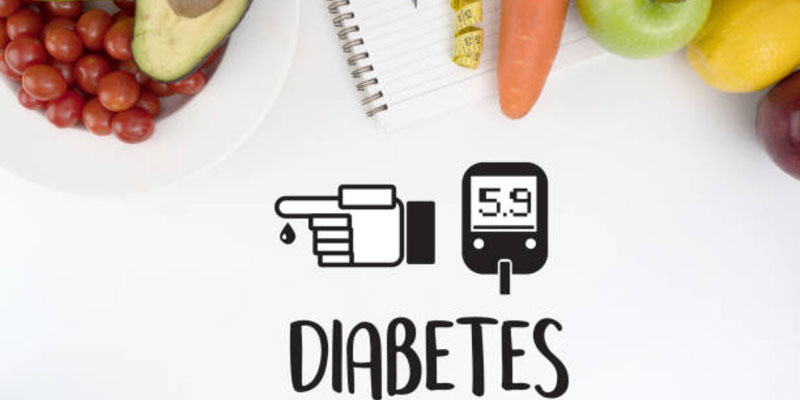
Many processed meals and beverages use artificial sweeteners. Food manufacturers rely on these everyday items to sate consumers' sweet tooths without sacrificing their dietary goals. Artificial sweeteners can help dieters reduce sugar and lose weight if used moderately.
There has been no evidence to back decades of worry about the health risks of using sugar replacements. Risk factors for cancer and alternatives to sugar are examined at length. What are artificial sweeteners?
Do artificial sweeteners cause cancer, and are there other concerns? Artificial sweeteners include sugar replacements, non-nutritive sweeteners, and highly intense sweeteners. These laboratory-synthesized compounds sweeten packaged foods and beverages and replace sugar at home.

What Is Aspartame?
Aspartame is used as a sugar replacement and is added to food. It's a type of sugar substitute. Aspartame is synthesized in a lab by mixing chemicals in specific ways. Aspartame, like other artificial sweeteners, simulates sugar in taste.
However, its sweetness can be multiplied by hundreds. The body cannot metabolize artificial sweeteners. And you won't get any energy from these sugar substitutes.

Do Aspartame Eaters Have Anything To Worry About?
Dr. James Farrell, a gastrointestinal oncologist at Yale School of Medicine, said that the WHO's declaration may cause some individuals to stop despite the food additive committee's findings that aspartame may be ingested safely at rather high doses.
Farrell argued that individuals might be unable to evaluate the danger they face properly. In light of the widespread use of aspartame and other artificial sweeteners, consumers must be provided with accurate information regarding the risks involved.
According to the WHO, even the highest aspartame drinkers take less than the safe daily limit of 40 mg/kg. According to the WHO, individuals drink ten times less than the recommended daily requirement.
Do Additional Artificial Sweeteners Exist?
Yes. The FDA has approved many additional artificial sweeteners besides aspartame. Among these are:
- Saccharin,
- Sucralose
- Acesulfame Potassium
- Neotame,
- Advantame
Do Artificial Sweeteners Like Aspartame Increase The Risk Of Cancer?
No evidence links aspartame and other artificial sweeteners to cancer. Artificial sweeteners and cancer have been widely publicized in the media and social media. However, human experiments have not connected aspartame to cancer.
UK food and drink ingredients are subject to rigorous laws. The EFSA established an aspartame ADI. That equals 14 diet soda cans for a 70-kg person. There are more cans than the average individual eats daily.
Are Stevia Sweeteners Artificial?
Despite being made from the stevia rebaudiana plant, some consider Stevia an artificial sweetener due to its processing. Some call it a "natural" sugar substitute. Stevia is processed heavily.
Stevia rebaudiana leaves are extracted for their sweet components and, refined and purified into a processed recipe. Because of potential side effects, the FDA hasn't approved untreated as a food additive.
Like other sugar alternatives and artificial sweeteners, Stevia contains no calories and is 200–400 times sweeter than sugar. It replaces sugar at home and in hundreds of processed products, including popular drinks. Truvia and Splenda sweeteners contain Stevia and other sugar replacements, including sugar alcohol.
Stevia may help reduce blood sugar and weight, although evidence is weak. Moderate use of Stevia according to nutrition labeling is safe. Stevia may cause nausea or fullness in some people.
Can Artificial Sweeteners Cause Cancer?
Previous verdicts by the IARC have caused similar concerns among consumers, sparked litigation, and forced producers to rework formulas and switch to safer alternatives. That has prompted concerns that the public may struggle to understand the IARC's findings.
Aspartame's use is also being examined by the World Health Organization's additives committee, JECFA. Its meeting started at the end of June, and on the same day that the IARC releases its conclusion, it will announce its findings.
How About Diet Pop? Does It Promote Cancer?
There is no evidence that drinking diet or sugar-free soda raises cancer risk. Some beverage manufacturers use sugar substitutes. That is because, unlike sugar, many artificial sweeteners contain fewer calories, if any at all.
Make water your go-to drink for a balanced diet. To enhance the flavor, squeeze in some fresh lemon.
Inequitable dangers
According to the study, three artificial sweeteners were particularly hazardous. Stroke risk was increased in those who used aspartame (NutraSweet, Equal). In contrast, acesulfame potassium (Sunnett, Sweet One) and sucralose (Splenda) were connected to an increased risk of coronary artery disease.
Fung claims that artificial sugars may raise cardiovascular disease risk without explaining why. Some scientists believe artificial sweeteners cause inflammation, disrupt metabolism, and change gut flora and blood vessels, promoting type 2 diabetes, high cholesterol, and high blood pressure. However, these hypotheses are based on animal or tiny human studies.
How Do Sugar Alcohols Differ?
Carbohydrates include sugar and alcohol. Although they lack sugar and alcohol, their chemical structure is comparable. Sugar alcohols can be made in labs, but some plants produce them naturally.
Sugar alcohols are not high-intensity because they include calories and are not sweeter than sugar. They have around half the calories of sugar, depending on the variety. The body doesn't fully digest them and absorbs them slower than sugar. Sugar alcohols may produce bloating and diarrhea but not blood sugar increases or tooth damage.
Do Artificial Sweeteners Like Aspartame Pose Any Health Risks?
That is not quite obvious. Although there is no evidence that artificial sweeteners cause cancer, they may have other negative effects on your body.
Aspartame, sucralose, and saccharin are among the artificial sweeteners with a possible link to:
- Hunger, desire for sweets, and appetite increase
- Put on Weight
- Issues with Blood Sugar
- Microbiome issues in the gut
- Stroke
- Coronary illness
- Dysmetabolic syndrome
Conclusion:
At present, non-sugar sweeteners are less strongly connected to cancer risk than obesity is in human and animal research. Thus, in 2023, obesity is a greater health risk. More high-quality research on artificial sweeteners and sugar's effects on cancer development and outcomes is needed before making strong dietary recommendations.


